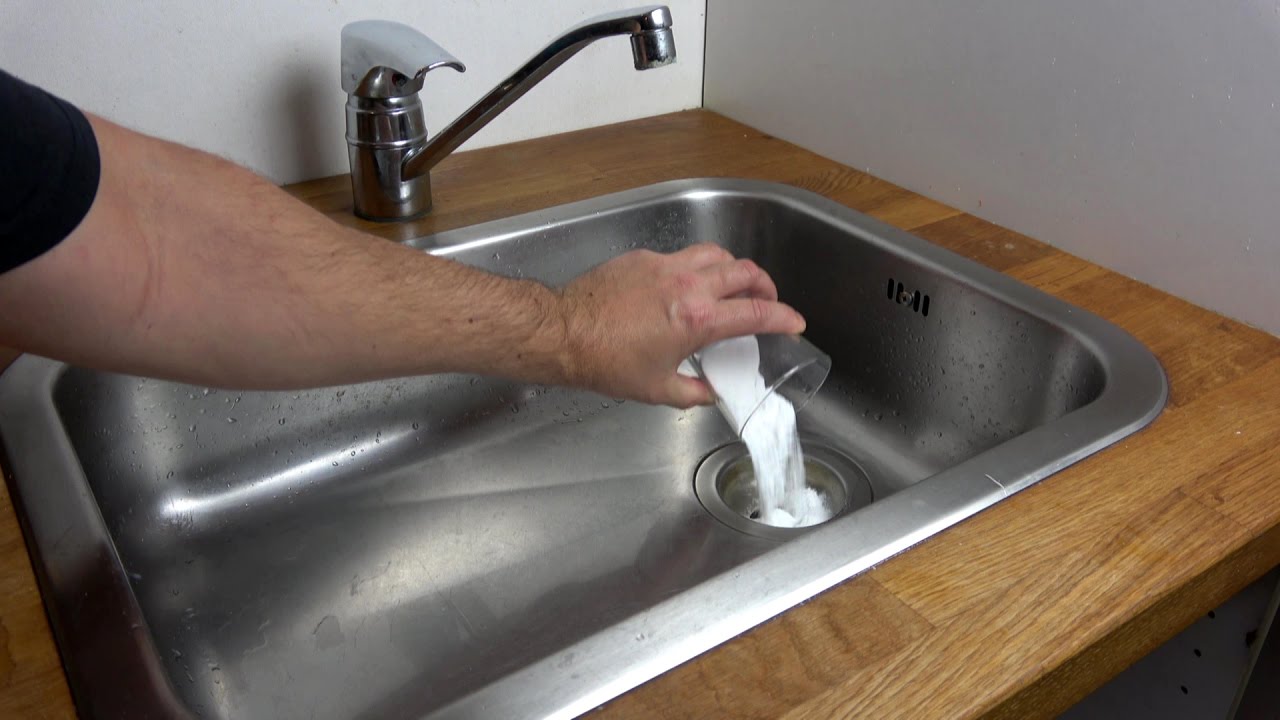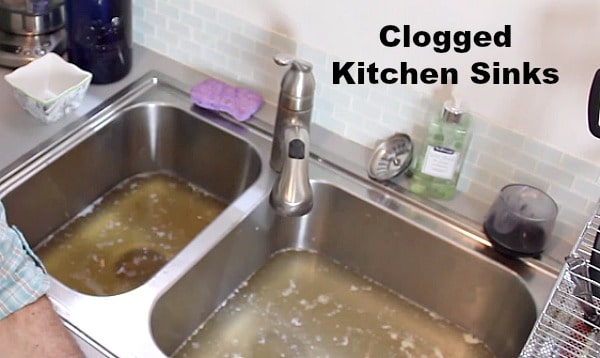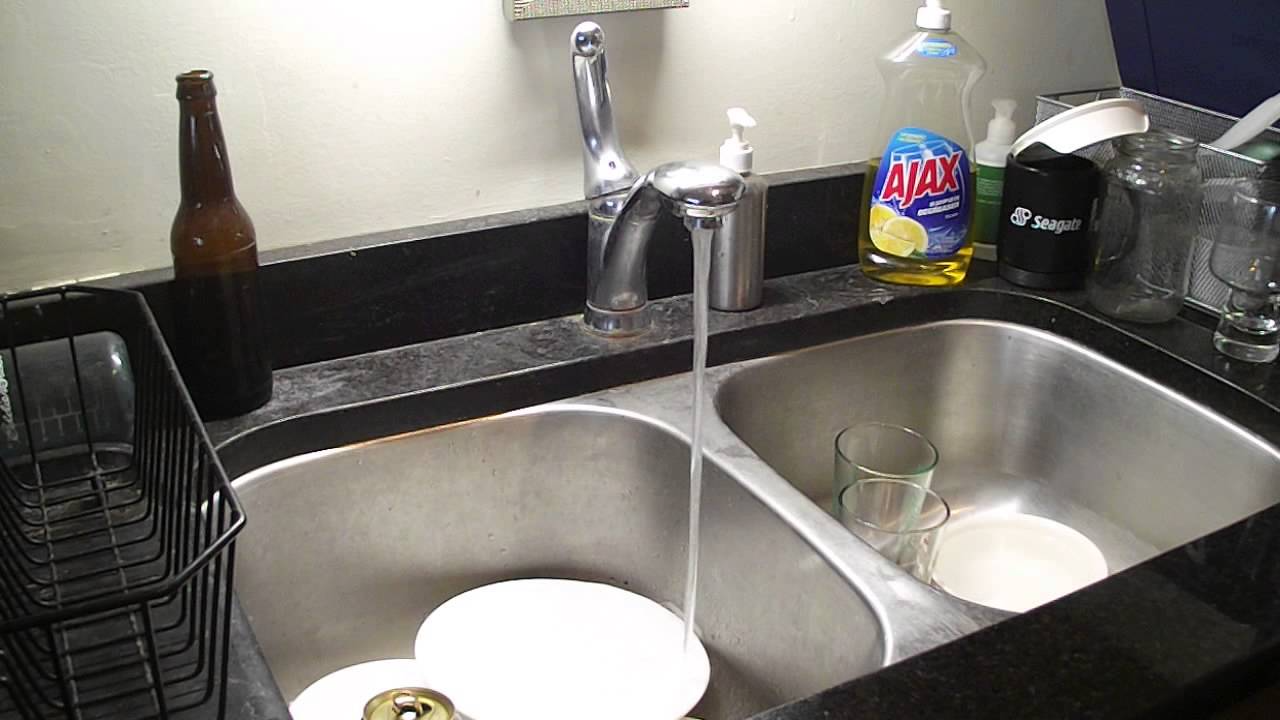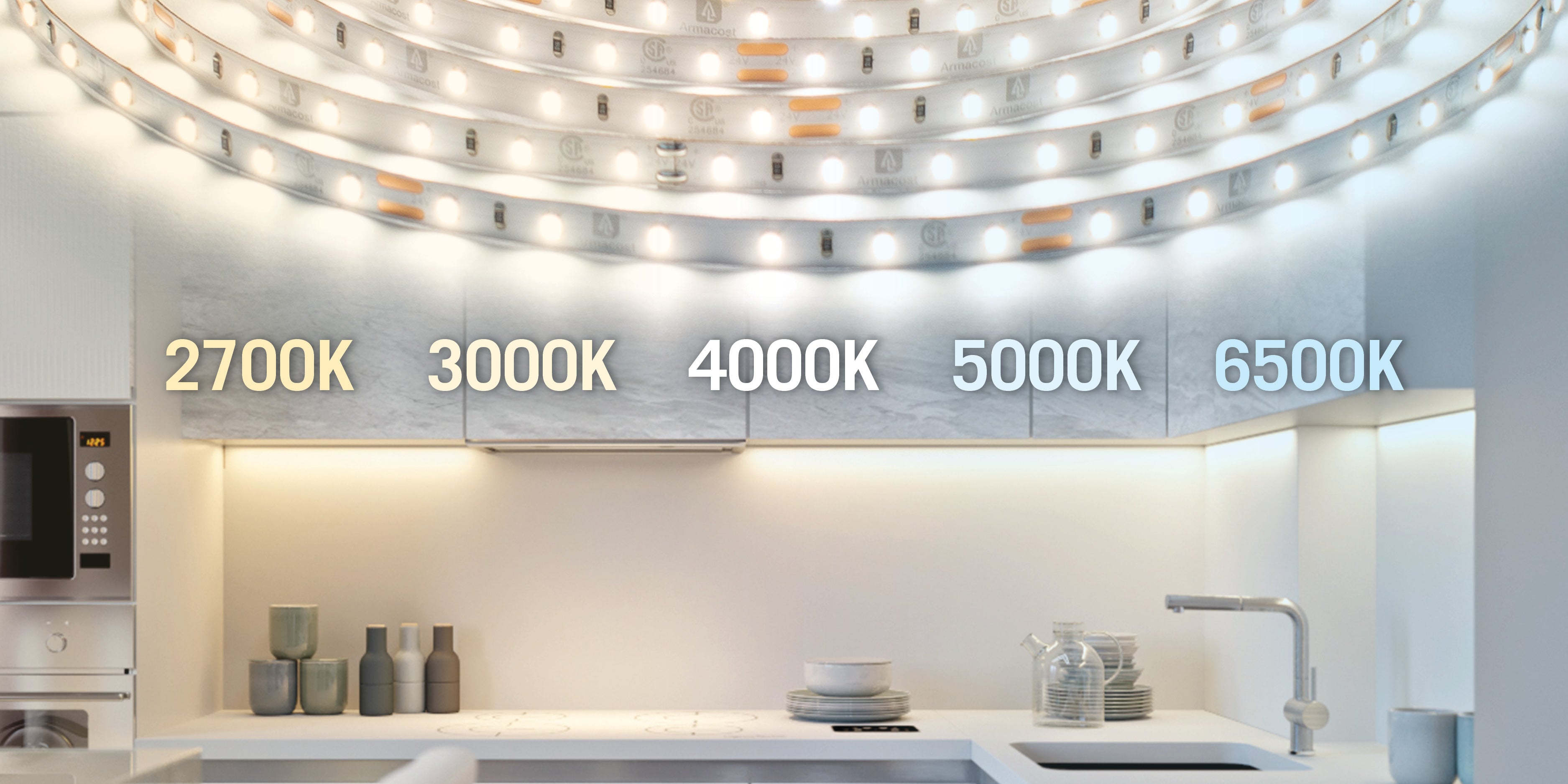A clogged kitchen sink can be a major inconvenience and can disrupt your daily routine. Not being able to use your sink for washing dishes, preparing food, or even just getting a glass of water can be frustrating. But beyond the inconvenience, a clogged kitchen sink can also lead to bigger problems if left untreated. So, how much does it cost to fix a clogged kitchen sink? Let's find out.How Much Does It Cost to Fix a Clogged Kitchen Sink?
Before we dive into the cost of repairing a clogged kitchen sink, it's important to know that there are ways to unclog it without having to call a plumber. This can save you a significant amount of money. One simple and effective method is using a plunger to clear the clog. You can also try using a drain snake or a mixture of baking soda and vinegar. However, if these methods don't work, it may be time to call in a professional.How to Unclog a Kitchen Sink Without Calling a Plumber
If you're feeling handy and want to tackle the clog yourself, there are some DIY tips and tricks you can try. First, try using a mixture of hot water and dish soap to break down the clog. You can also try using a wet/dry vacuum to suck out the debris causing the clog. If these methods don't work, it may be time to take apart the pipes under the sink and manually remove the clog. Just be sure to turn off the water supply before attempting this and have a bucket handy to catch any water that may leak out.DIY Kitchen Sink Clog Repair: Tips and Tricks
If the clog is too stubborn to remove on your own, it's time to call in a professional plumber. The average cost for a kitchen sink clog repair can range from $150 to $350, depending on the severity of the clog and the plumber's rates. This cost typically includes the service fee, labor, and any necessary materials. Keep in mind that this cost can increase if there are additional complications, such as a damaged pipe that needs to be replaced.The Average Cost of a Kitchen Sink Clog Repair
Kitchen sinks can become clogged for a variety of reasons, such as food scraps, grease buildup, or foreign objects accidentally going down the drain. To prevent clogs from happening, be mindful of what you put down the drain. Avoid pouring grease or oil down the sink and use a drain catcher to catch any food scraps that may go down. Regularly pouring boiling water down the drain can also help to prevent buildup and keep your sink running smoothly.What Causes a Kitchen Sink to Clog and How to Prevent It
How do you know if your kitchen sink is clogged? Here are 5 common signs to look out for:5 Common Signs of a Clogged Kitchen Sink
If you've determined that your kitchen sink is indeed clogged, here are the steps to clear it:How to Clear a Clogged Kitchen Sink Drain
If you're looking for a quick and easy solution to unclog your kitchen sink, there are many products available on the market. Some popular options include drain cleaners, enzyme-based cleaners, and DIY mixtures of baking soda and vinegar. Be sure to read the instructions carefully and follow all safety precautions when using these products.The Best Products for Unclogging a Kitchen Sink
While some clogs can be easily cleared with DIY methods, there are certain signs that indicate you may need a professional to handle the repair:How to Tell If You Need a Professional Kitchen Sink Clog Repair
The best way to avoid the cost and inconvenience of a clogged kitchen sink is to regularly maintain it. This includes being mindful of what goes down the drain, regularly cleaning the pipes with boiling water, and scheduling professional drain cleaning services every 1-2 years. By taking these preventative measures, you can save yourself the hassle and expense of dealing with a clogged sink.The Importance of Regularly Maintaining Your Kitchen Sink to Avoid Clogs
The Importance of Addressing a Clogged Kitchen Sink

Don't Let a Clogged Sink Drain Your Wallet
 Dealing with a clogged kitchen sink can be a frustrating and inconvenient experience. Not only does it disrupt your daily routine, but it can also lead to unpleasant odors and potential damage to your plumbing system. However, many homeowners tend to put off addressing this issue because of the perceived high
kitchen sink clogged repair cost
. In reality, neglecting a clogged sink can actually end up costing you more in the long run. Let's take a closer look at why it's important to address a clogged kitchen sink and the potential costs involved.
Dealing with a clogged kitchen sink can be a frustrating and inconvenient experience. Not only does it disrupt your daily routine, but it can also lead to unpleasant odors and potential damage to your plumbing system. However, many homeowners tend to put off addressing this issue because of the perceived high
kitchen sink clogged repair cost
. In reality, neglecting a clogged sink can actually end up costing you more in the long run. Let's take a closer look at why it's important to address a clogged kitchen sink and the potential costs involved.
The Dangers of a Clogged Kitchen Sink
 Aside from the inconvenience and unpleasantness of a clogged kitchen sink, there are also potential health hazards that come with it. When food and debris get trapped in the drain, it creates the perfect breeding ground for bacteria and mold. This can lead to unpleasant odors and even pose a risk to your family's health. Additionally, if left unresolved, a clogged kitchen sink can cause water to back up and overflow onto your countertops and floors, potentially causing water damage and costly repairs.
Aside from the inconvenience and unpleasantness of a clogged kitchen sink, there are also potential health hazards that come with it. When food and debris get trapped in the drain, it creates the perfect breeding ground for bacteria and mold. This can lead to unpleasant odors and even pose a risk to your family's health. Additionally, if left unresolved, a clogged kitchen sink can cause water to back up and overflow onto your countertops and floors, potentially causing water damage and costly repairs.
The Cost of Ignoring a Clogged Sink
 While it may seem like a small issue, a clogged kitchen sink can actually end up costing you a significant amount of money if left untreated. If the clog is caused by a more serious underlying plumbing issue, such as a damaged pipe, the repair costs can be quite high. Not to mention, the longer you wait to address the issue, the more damage can occur, resulting in even higher repair costs.
While it may seem like a small issue, a clogged kitchen sink can actually end up costing you a significant amount of money if left untreated. If the clog is caused by a more serious underlying plumbing issue, such as a damaged pipe, the repair costs can be quite high. Not to mention, the longer you wait to address the issue, the more damage can occur, resulting in even higher repair costs.
How to Save Money on Kitchen Sink Clogged Repair Costs
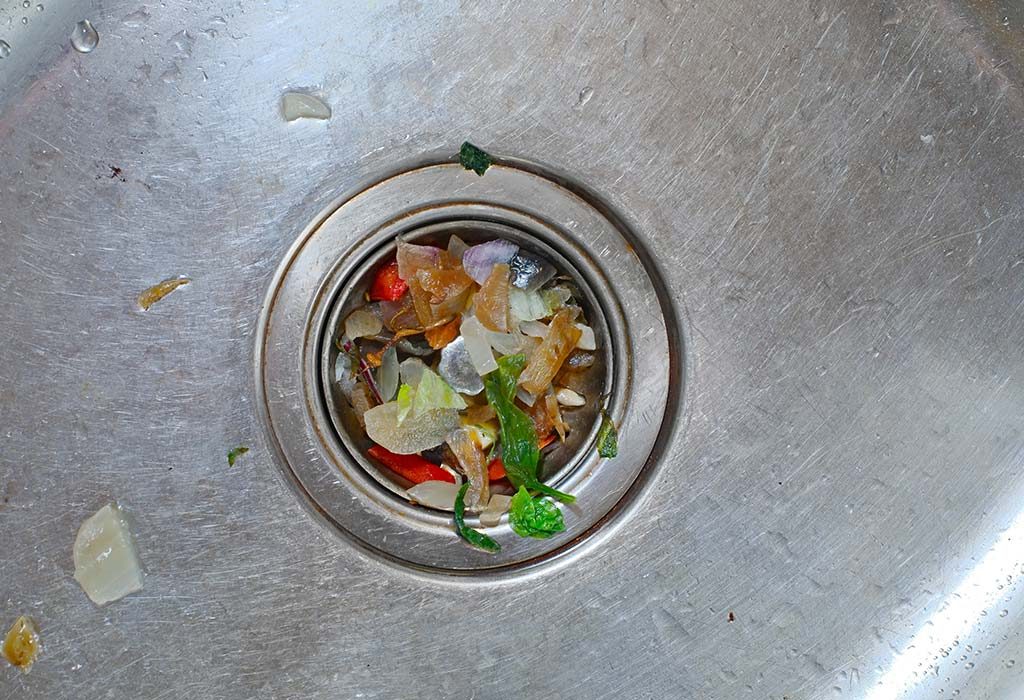 The key to avoiding high kitchen sink clogged repair costs is to address the issue as soon as it arises. Don't ignore that slow draining sink or that unpleasant smell coming from your drain.
Regularly maintaining
your kitchen sink by
cleaning
out any debris and
avoiding
putting grease, oil, and food scraps down the drain can also help prevent clogs from occurring in the first place.
In the event that you do encounter a clogged kitchen sink, it's best to call a professional plumber to assess and address the issue. While there may be a cost involved, it will likely be much lower than if you were to neglect the issue and let it escalate. Additionally, a professional plumber can provide you with tips and advice on how to prevent clogs in the future, ultimately saving you money in the long run.
The key to avoiding high kitchen sink clogged repair costs is to address the issue as soon as it arises. Don't ignore that slow draining sink or that unpleasant smell coming from your drain.
Regularly maintaining
your kitchen sink by
cleaning
out any debris and
avoiding
putting grease, oil, and food scraps down the drain can also help prevent clogs from occurring in the first place.
In the event that you do encounter a clogged kitchen sink, it's best to call a professional plumber to assess and address the issue. While there may be a cost involved, it will likely be much lower than if you were to neglect the issue and let it escalate. Additionally, a professional plumber can provide you with tips and advice on how to prevent clogs in the future, ultimately saving you money in the long run.
In Conclusion
 A clogged kitchen sink may initially seem like a minor inconvenience, but it's important to address it promptly to avoid potential health hazards and costly repairs. By
taking preventative measures
and
calling in a professional
when needed, you can save yourself from high kitchen sink clogged repair costs and maintain the functionality and cleanliness of your kitchen sink. So don't let a clogged sink drain your wallet – take action and address the issue as soon as possible.
A clogged kitchen sink may initially seem like a minor inconvenience, but it's important to address it promptly to avoid potential health hazards and costly repairs. By
taking preventative measures
and
calling in a professional
when needed, you can save yourself from high kitchen sink clogged repair costs and maintain the functionality and cleanliness of your kitchen sink. So don't let a clogged sink drain your wallet – take action and address the issue as soon as possible.


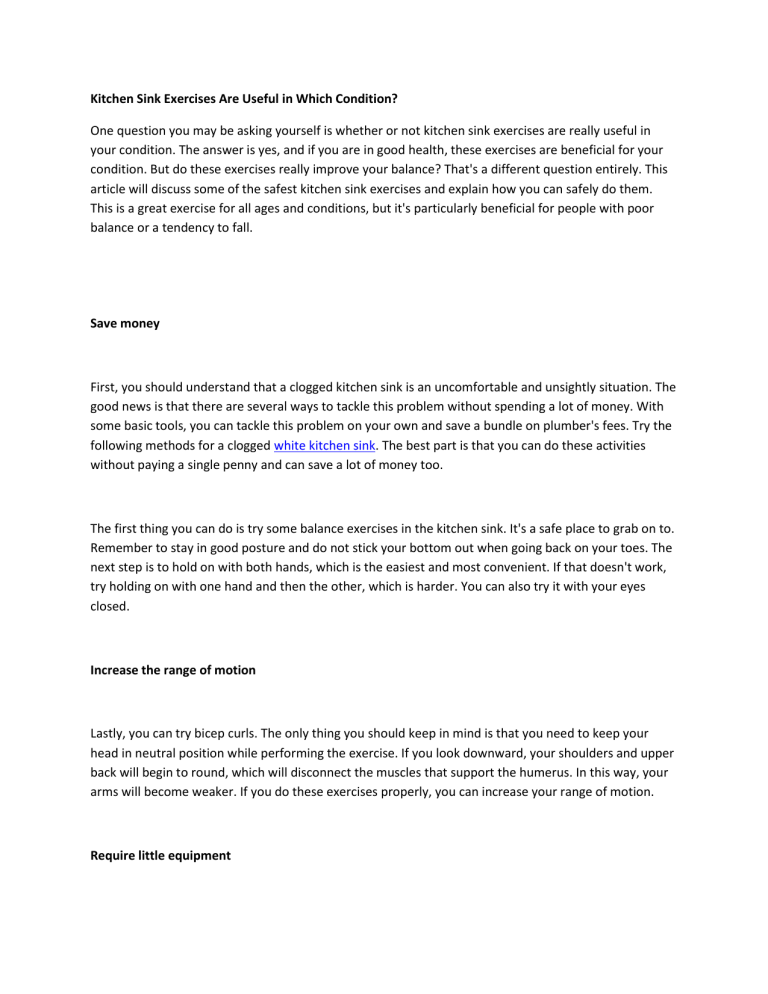


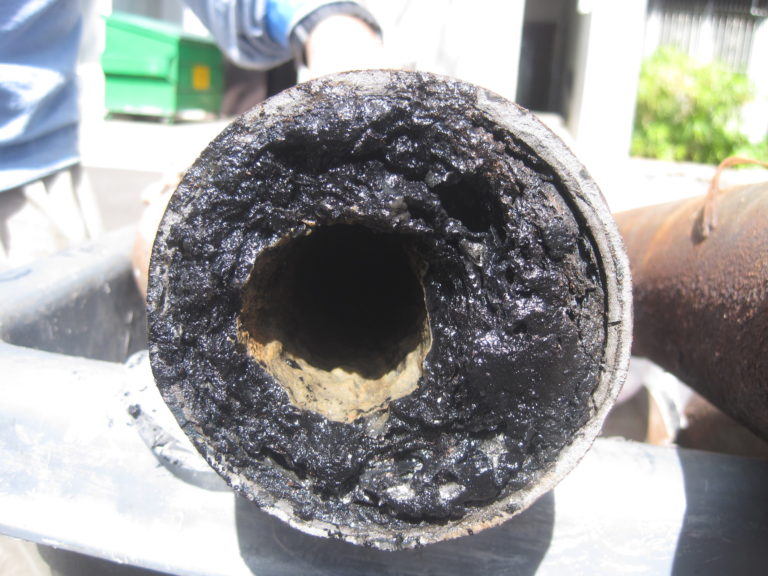


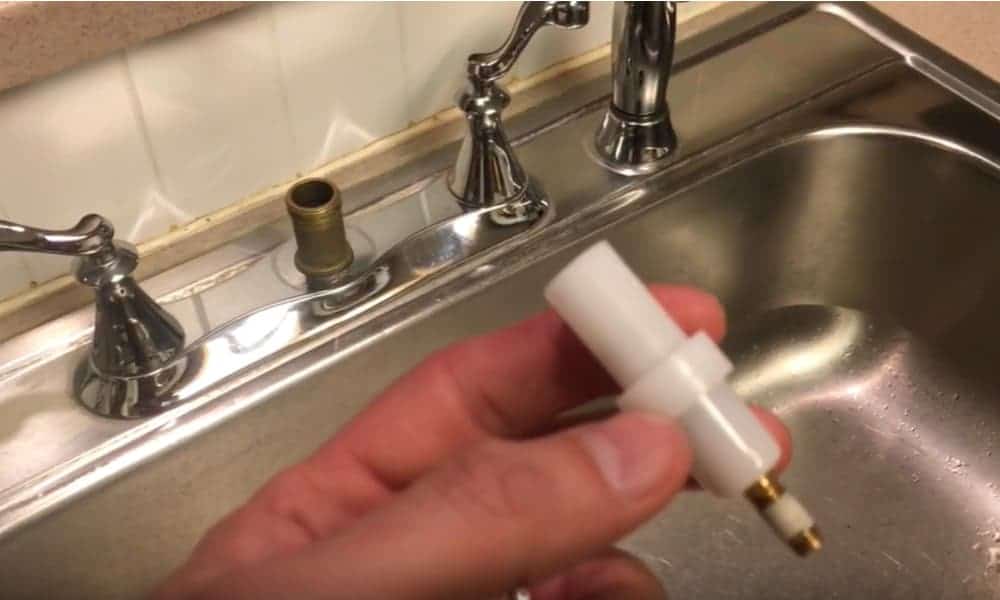





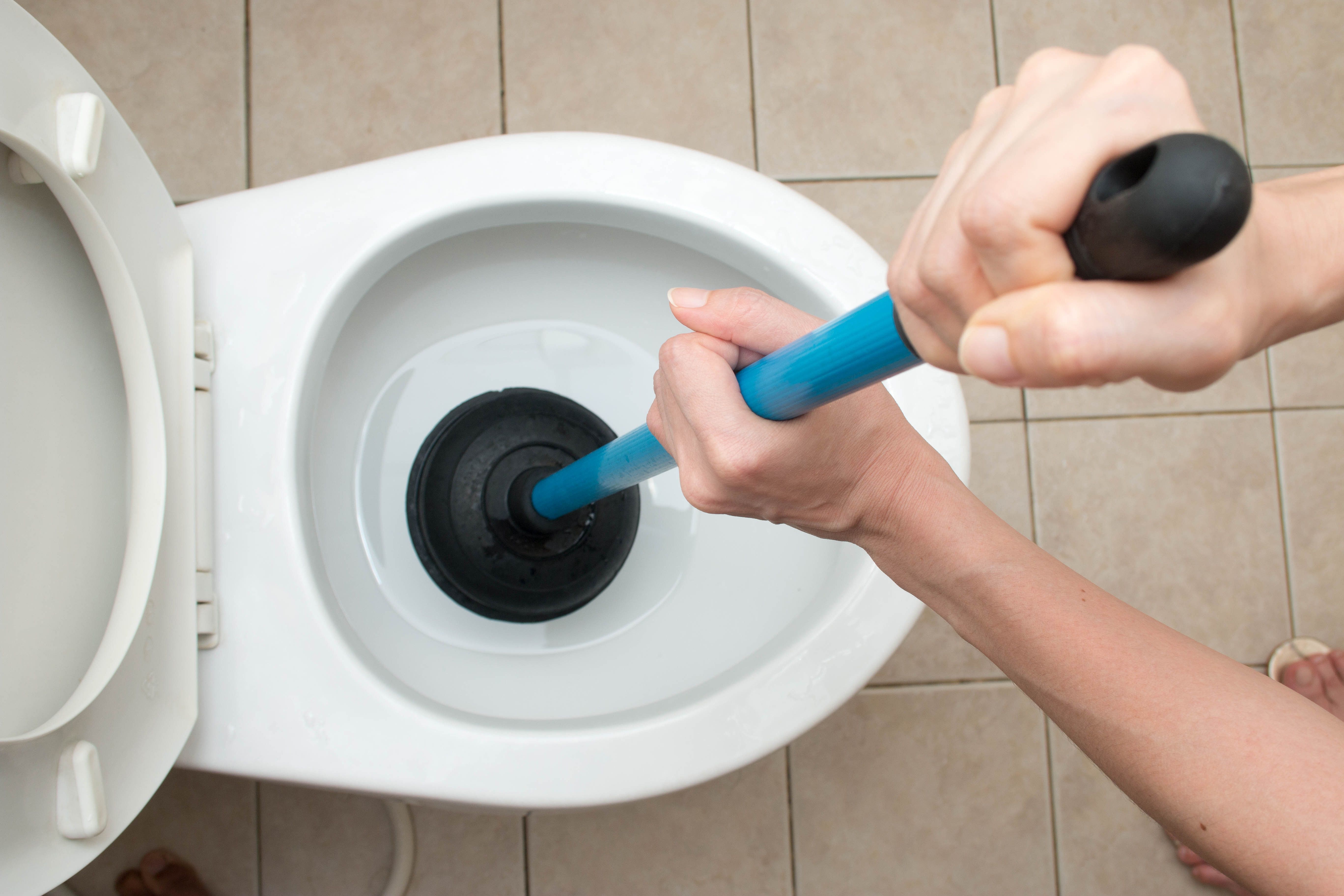
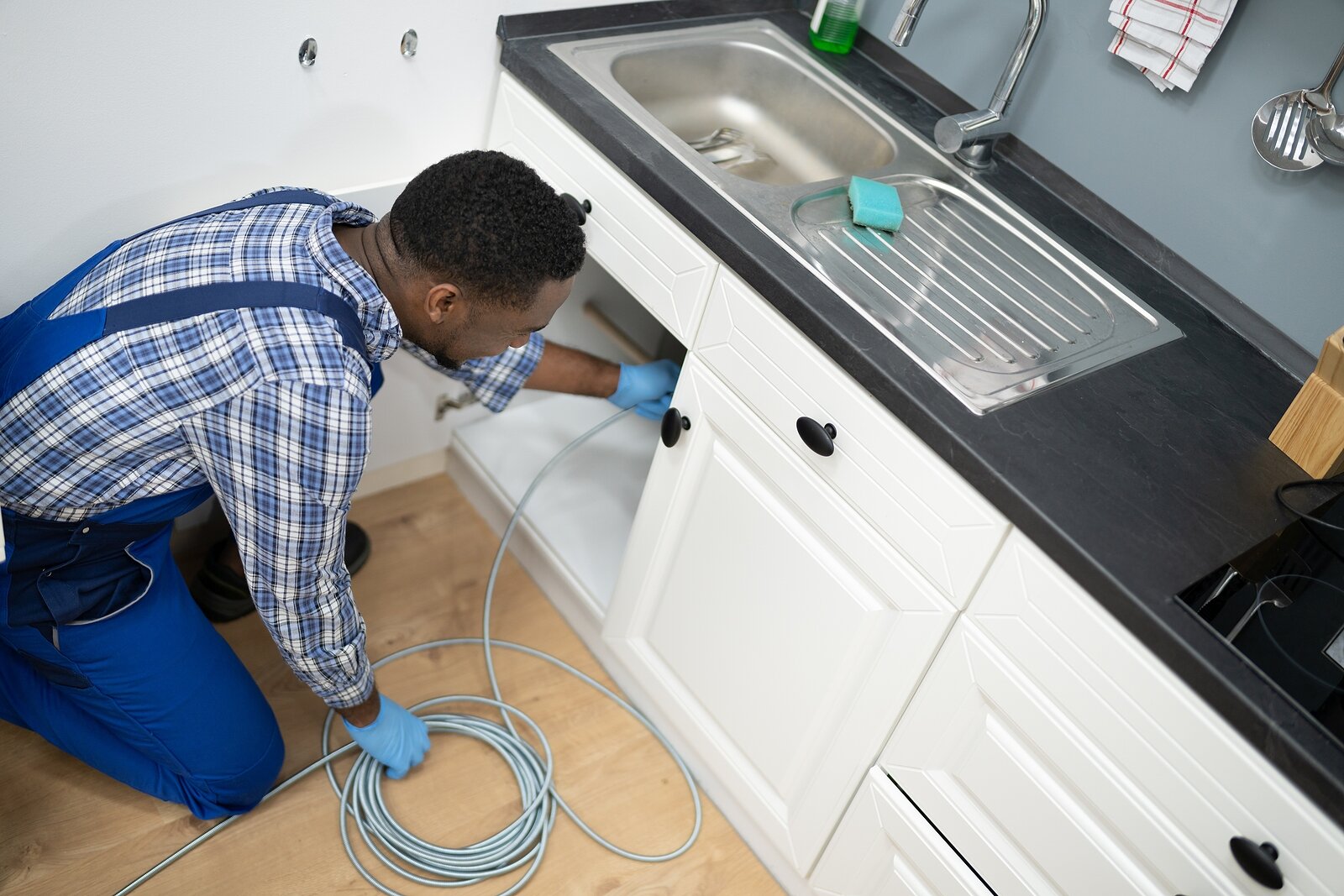

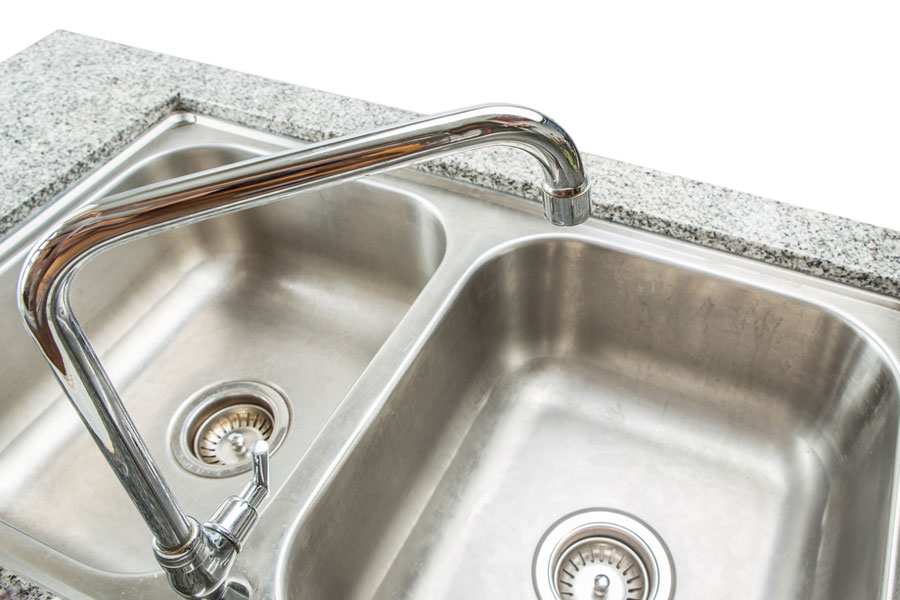
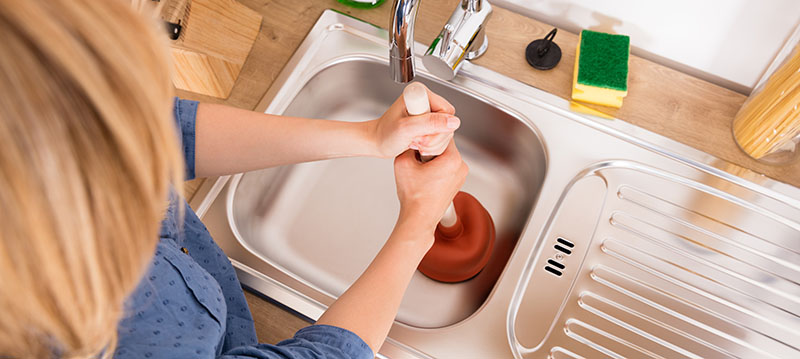


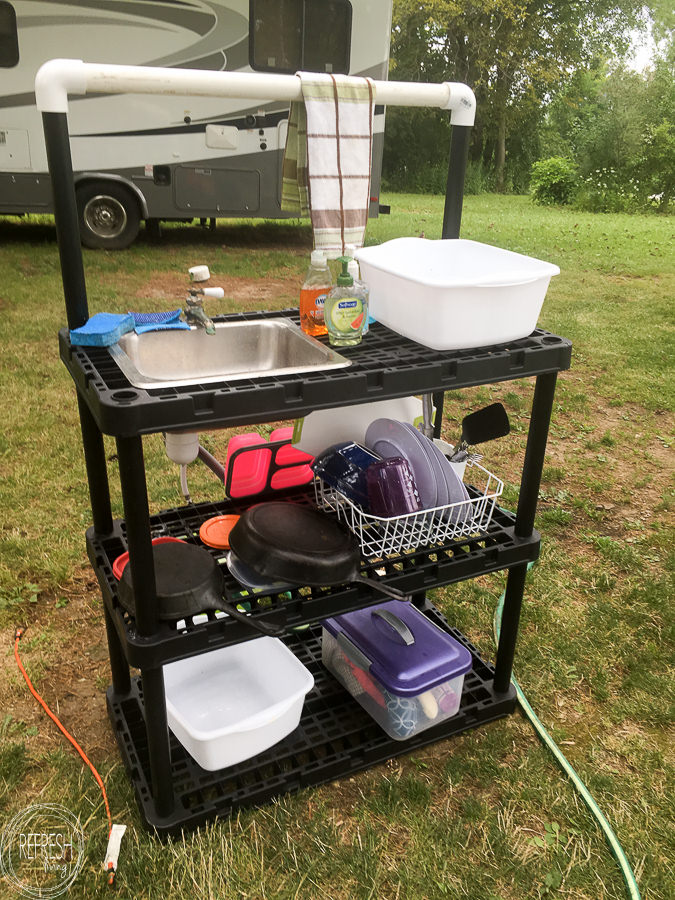

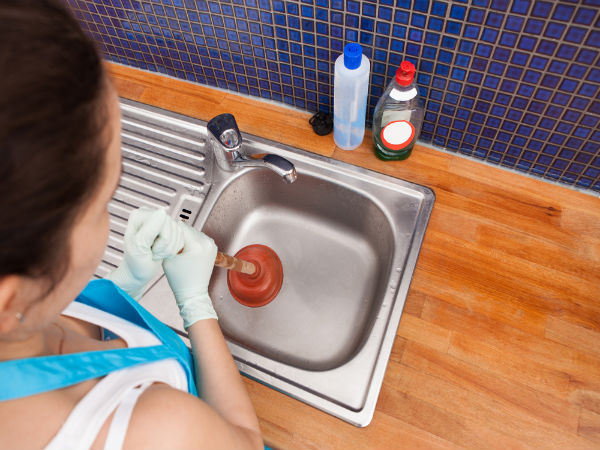


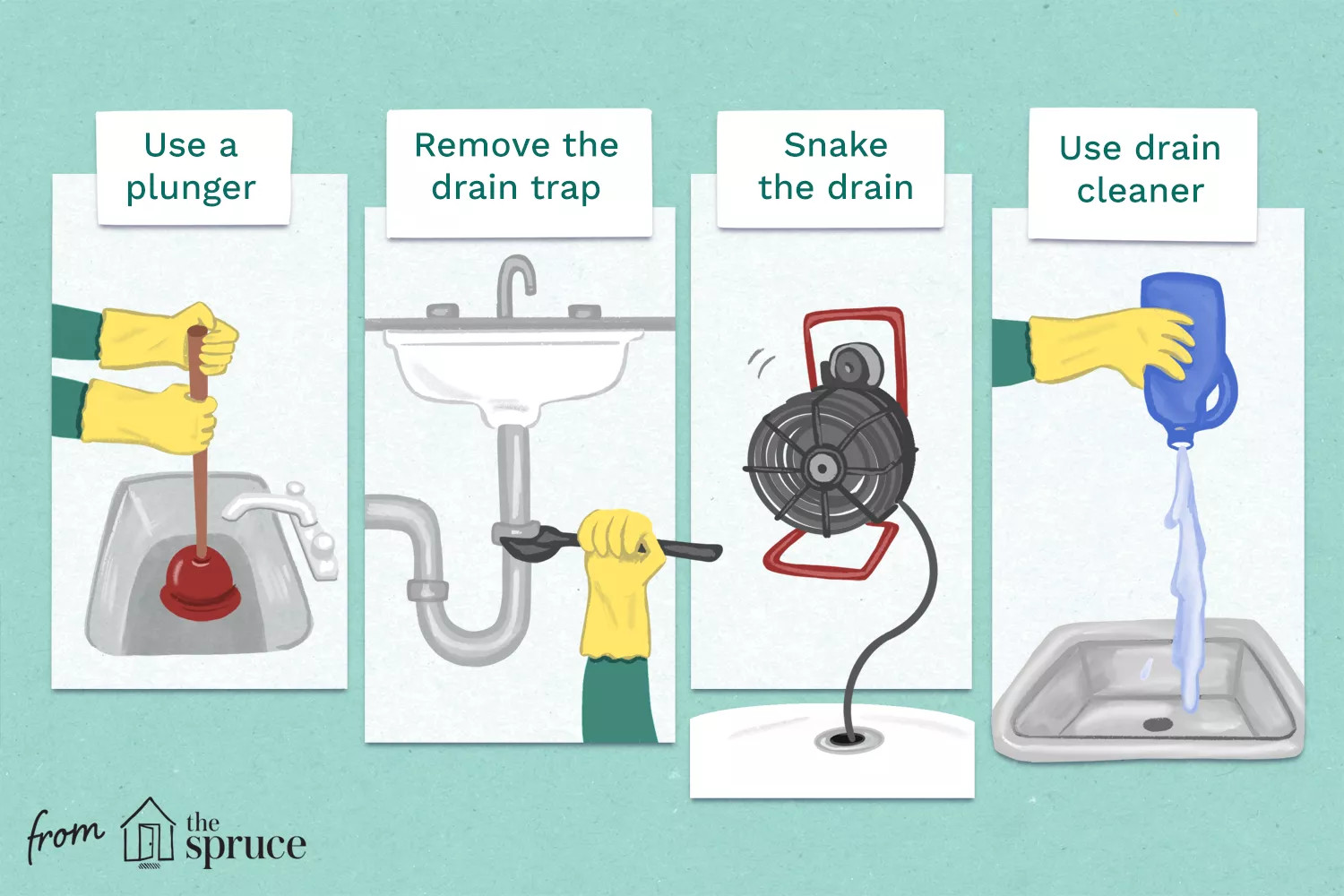



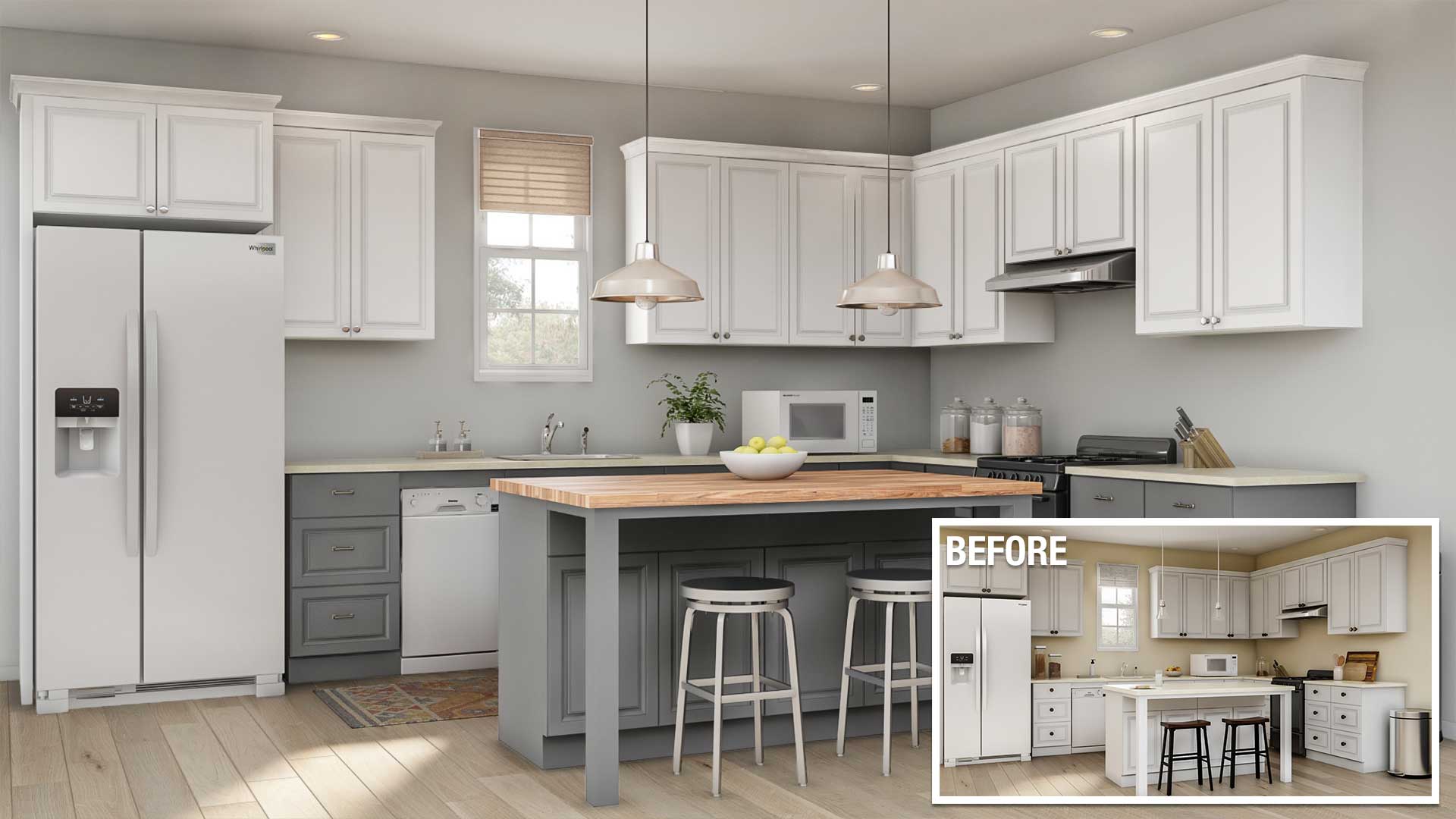


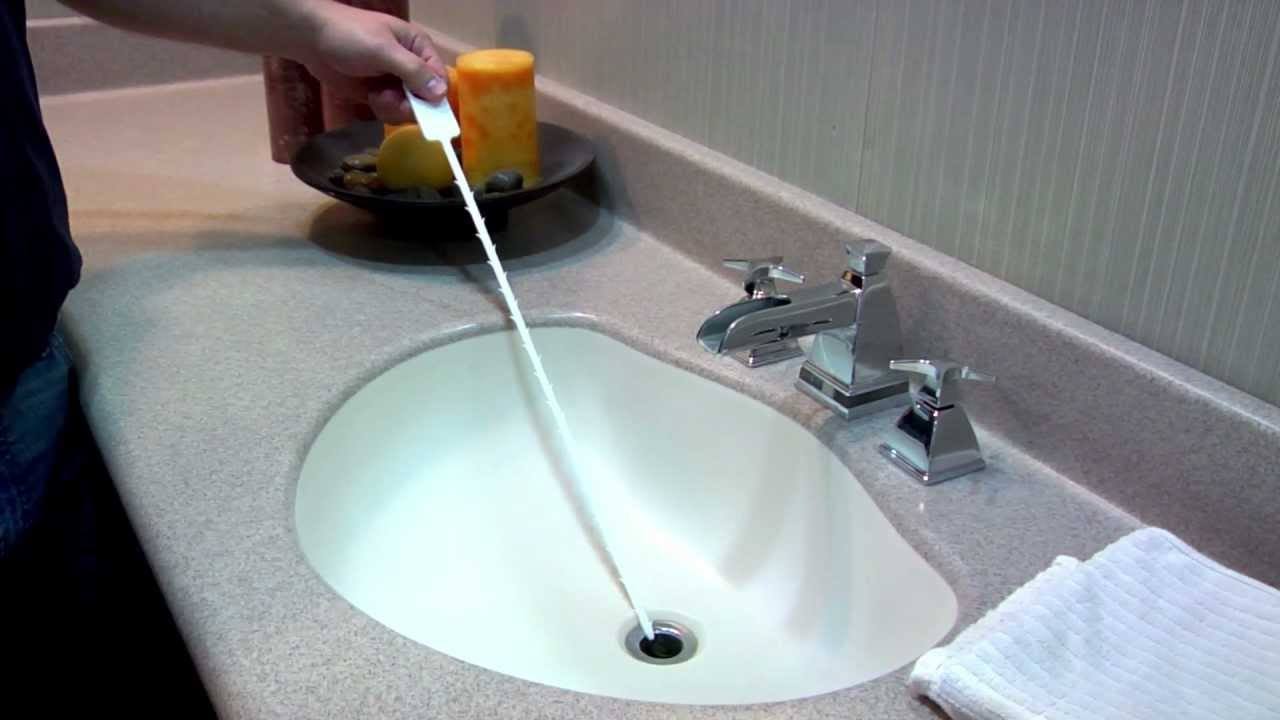

:max_bytes(150000):strip_icc()/how-to-unclog-a-kitchen-sink-2718799_sketch_FINAL-8c5caa805a69493ab22dfb537c72a1b7.png)




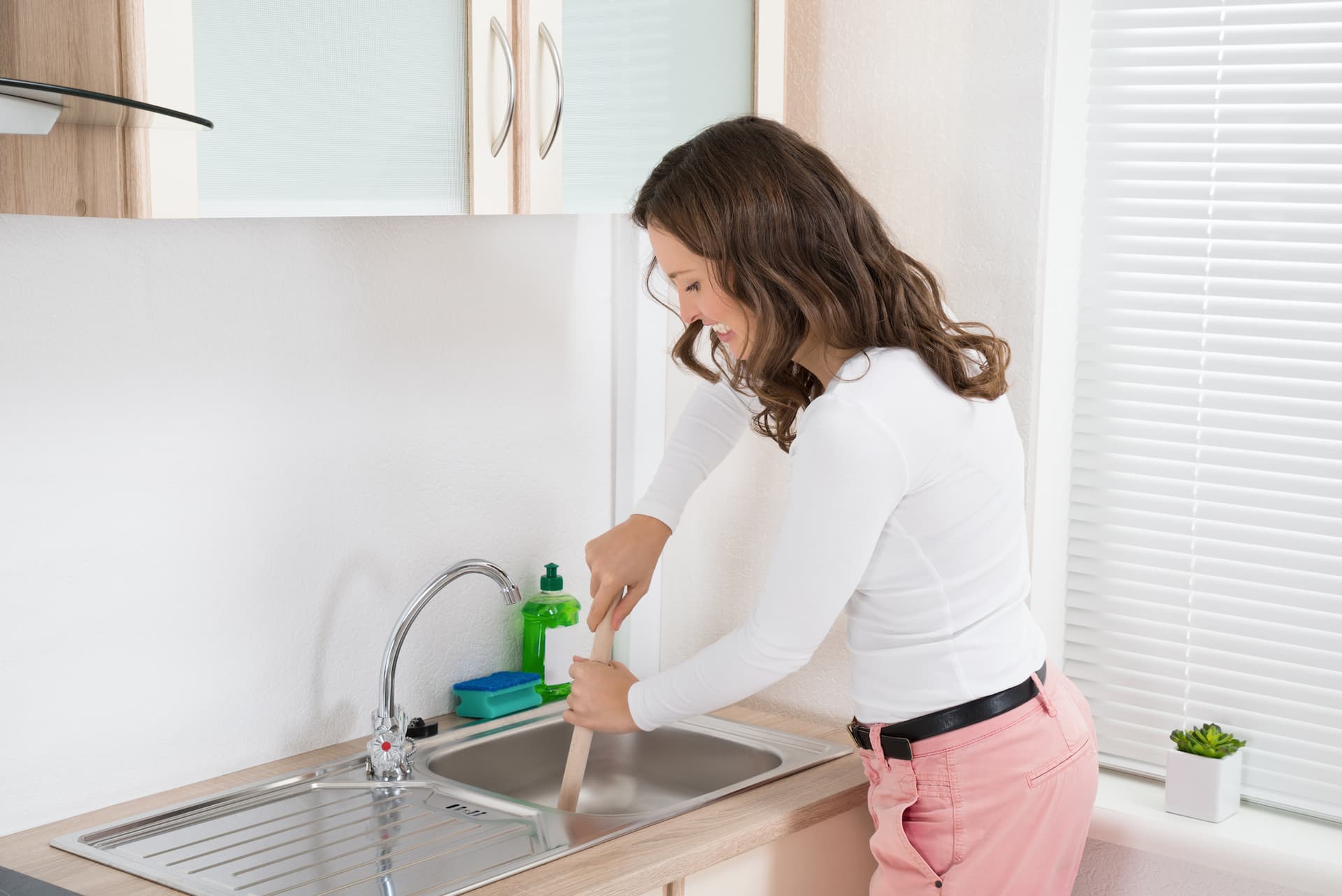

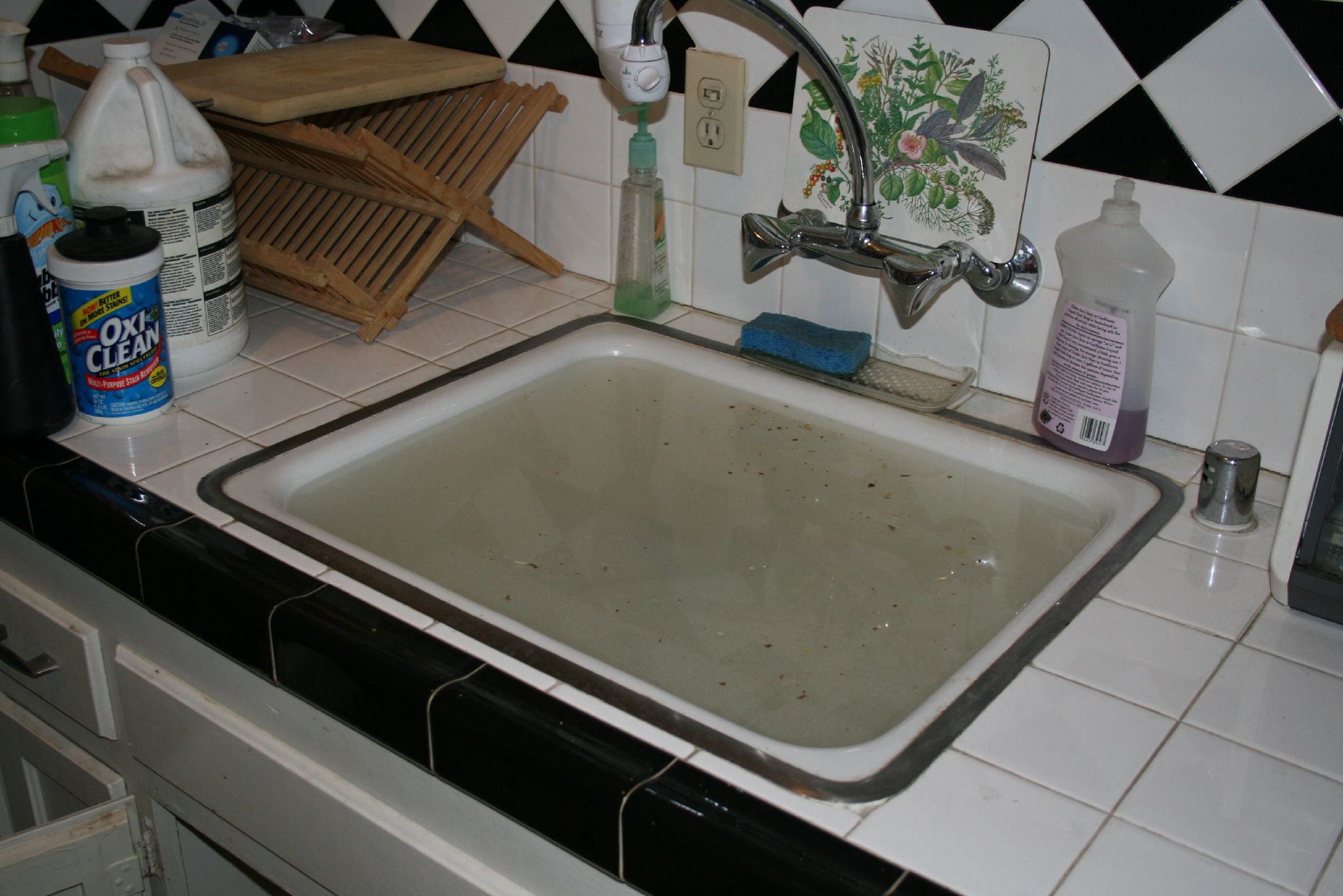
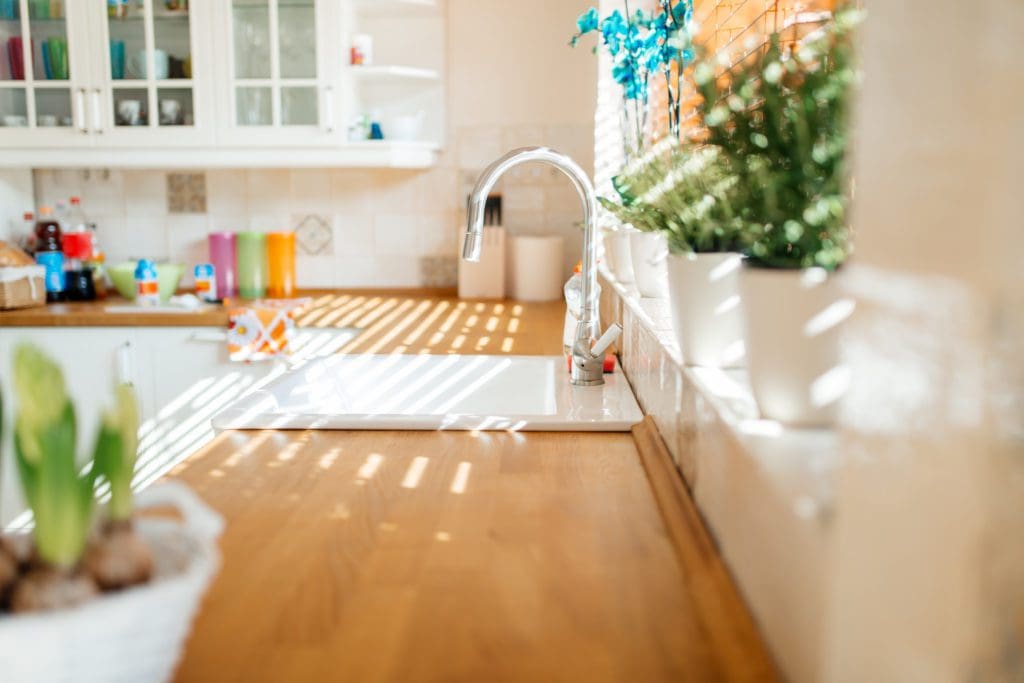








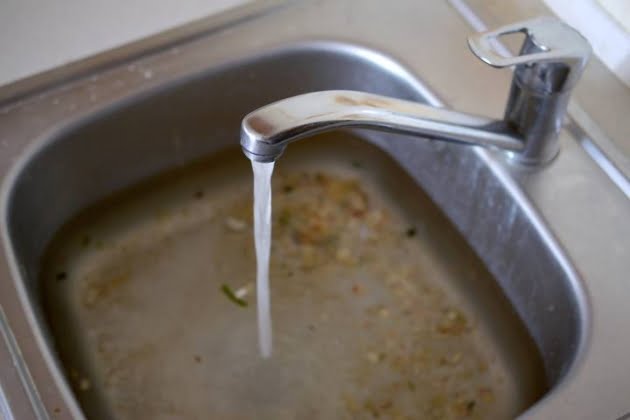






:max_bytes(150000):strip_icc()/freshen-and-unclog-drain-with-baking-soda-1900466-22-bbf940b70afa4d5abef0c54da23b1d3f.jpg)





